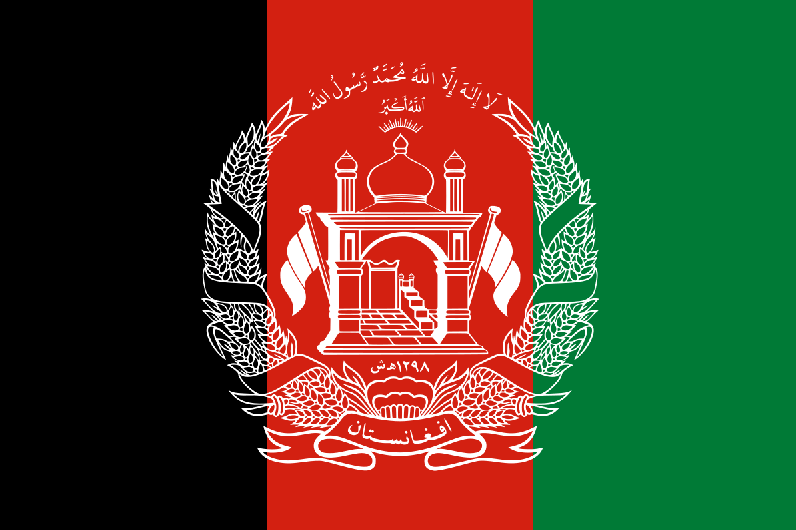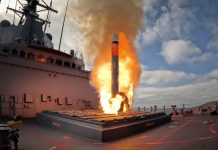The US is reluctant to pull troops from Afghanistan before ensuring the Taliban will allow the US to maintain a strategic foothold in the country to counter China and Russia, analysts told Sputnik.
Last week, President Joe Biden said – due to tactical reasons – the US would not be able to meet the May 1 troop withdrawal deadline that is stipulated in an agreement the Trump administration struck with the Taliban last February in Doha.
COUNTERING CHINA & RUSSIA
The NATO mission still has almost 10,000 troops – including 2,500 Americans – on the ground in Afghanistan. On Tuesday, US House Armed Services Committee Chairman Adam Smith said it would be “dangerous” to try and pull all those troops out within a few weeks.
Meanwhile, as the US has signaled it will miss the Doha pact deadline, the Taliban has threatened to shoot any Americans who are on the ground in Afghanistan after May 1. US special envoy Zalmay Khalilzad earlier this month met with Taliban negotiators in what some speculated was an attempt to extend the deadline.

“As part of a US strategy to deny Russia and China access to and control over energy markets, and to gain US allies on the southern flank of Russia, perhaps the United States is ready to work again with the Taliban,” former Pentagon analyst and US Air Force Lieutenant Colonel Karen Kwiatkowski told Sputnik.
Delaying the final US military pullout offers an opportunity to put more pressure on the Taliban to achieve that goal, Kwiatkowski explained.
“I suspect the delay will allow more of a US negotiating foothold – ostensibly non-military but very possibly including military remaining in Afghanistan – with the new Taliban government, towards future agreements that satisfy the US agenda,” she said.
Historian and political commentator Dan Lazare said many US policymakers remained determined to preserve their base in Central Asia offered by Afghanistan in the hope of using it to try and destroy the unity of China.
“America will lose a Central Asia outpost from which to influence events in neighboring Xinjiang,” Lazare told Sputnik. “CIA armchair strategists are concerned because the dismemberment of China remains the ultimate US goal.”
AFGHAN COLLAPSE
The US intelligence community, according to media reports last week, warned Biden that Afghanistan will fall under the control of the Taliban – and terror groups like al-Qaeda – if all Western troops leave before a power-sharing deal is reached.
Kwiatkowski said, although the United States had worked for nearly 20 years to create an allied government in Afghanistan, the current regime in Kabul headed by Afghan President Ashraf Ghani would collapse immediately if its US protectors pulled out.
“If a government exists but has no power or impact over territory outside of the capital city, perhaps it is already a collapsed government. Certainly, it is pre-collapse,” she said.
The former Pentagon analyst said Afghan officials who plan to say after the collapse will have pledged loyalty to and worked out deals with the insurgents but “on the Taliban’s terms.”
“The rest have years ago moved money out of the country and have a workable ‘escape’ plan,” she said.
Lazare said corruption is mushrooming thanks to the influx of US economic aid and years of military assistance have left Afghan forces in even worse shape than under the Soviets. Yet the consequences from a US perspective of a full withdrawal remained alarming.
“Imagine the consequences if America does pull out. The Kabul government will collapse just as it did in 1992, the Taliban will install a caliphate of some sort in its place, and the Islamic State – which is no doubt benefiting from heavy funding from the Saudis and other Persian Gulf states – will gain power as well, “Lazare said.




